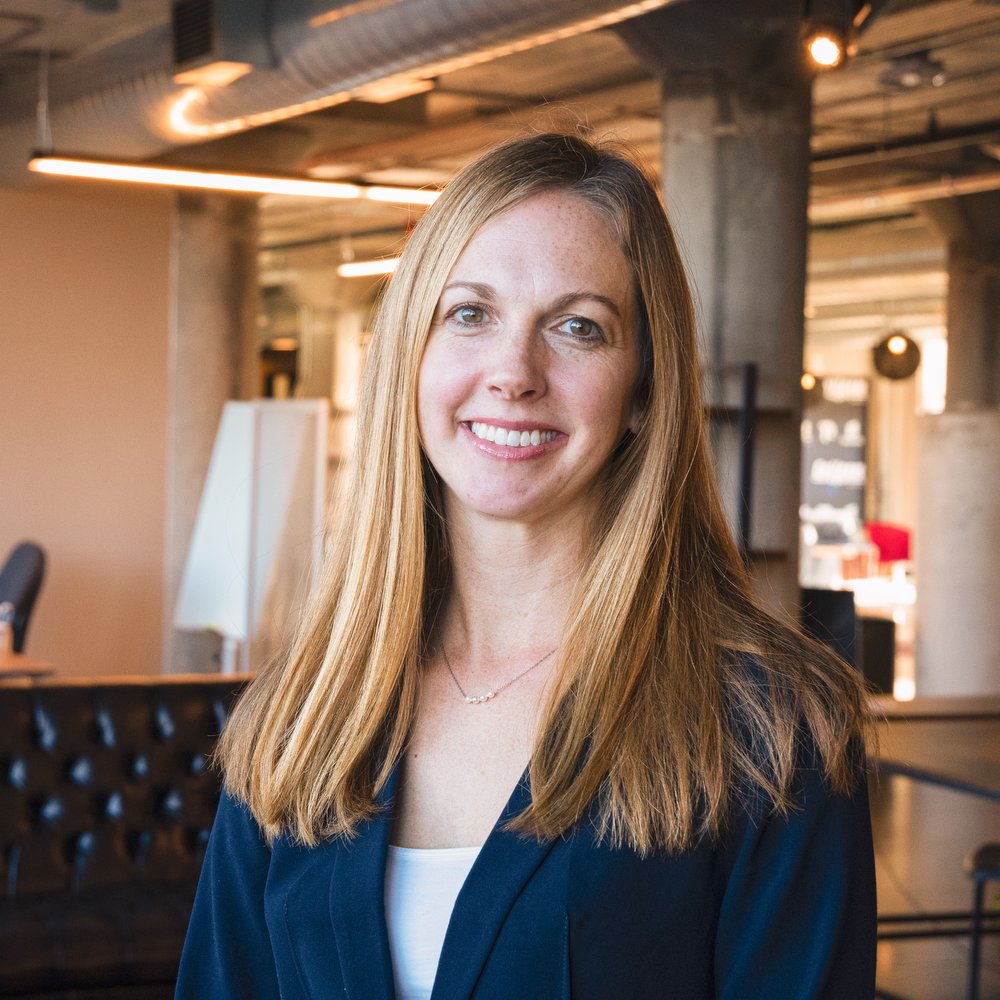In any workplace, challenges are inevitable. Whether it’s the pressure to meet tight deadlines, navigate organizational changes, or manage interpersonal conflicts, teams regularly face obstacles that can strain productivity and morale. In these moments, optimism can make all the difference. Leaders who foster realistic optimism within their teams create an environment where individuals feel empowered to tackle challenges head-on, find creative solutions, and maintain a positive outlook—no matter what comes their way.
In this blog, we’ll explore the role of optimism in leadership and team dynamics, discuss how it contributes to better decision-making and collaboration, and offer practical strategies for fostering optimism in the workplace.
What is Optimism?
Optimism, as part of the Psychological Capital (PsyCap) framework, goes beyond simply having a positive attitude. It’s about maintaining a realistic, grounded belief that good outcomes are possible, even when faced with difficulties. Realistic optimism allows employees to acknowledge challenges while remaining confident in their ability to overcome them.
Optimism is not about ignoring problems or being blindly positive. Rather, it involves recognizing obstacles and planning for them in a way that encourages resilience and forward progress. This approach to optimism not only helps individuals stay motivated but also strengthens team dynamics by fostering a solutions-oriented culture.
The Role of Optimism in Leadership
Optimistic leaders can profoundly influence how their teams approach problems. When a leader maintains a hopeful outlook, especially during tough times, it inspires confidence and motivation among team members. Optimism helps leaders create a vision of success that employees can rally behind, even when the path forward seems unclear.
Here are a few ways optimism benefits leadership:
- Enhancing Team Morale: When leaders express optimism, it sets a tone of confidence and positivity. This can help uplift team morale, particularly in challenging times. Employees feel reassured that their leader believes in their ability to navigate difficulties and achieve success.
- Encouraging Problem-Solving: Optimistic leaders approach problems with a solutions-focused mindset. They don’t dwell on what’s going wrong; instead, they focus on finding paths forward. This attitude encourages employees to do the same, creating a team culture where challenges are seen as opportunities for growth rather than insurmountable obstacles.
- Fostering Resilience: Leaders who embody optimism help their teams bounce back from setbacks. By maintaining a balanced, hopeful perspective, they show that difficulties are temporary and manageable. This resilience rubs off on employees, encouraging them to persist through adversity.
Optimism and Team Dynamics
Optimism also plays a key role in shaping team dynamics. In a collaborative environment, team members often feed off each other’s energy. When optimism is present, it fuels creativity, enhances communication, and helps teams navigate conflict more effectively. Here’s how optimism strengthens team dynamics:
- Promoting Open Communication
Teams that practice realistic optimism are more likely to engage in open, honest communication. Optimism fosters an environment where team members feel safe sharing their thoughts, knowing that their contributions are valued. Even when offering critical feedback, the focus remains on improvement and finding solutions.
- Encouraging Collaboration
Optimism promotes a belief that challenges can be overcome, which encourages team members to work together toward a common goal. When employees trust that their collective efforts will lead to positive outcomes, they are more likely to collaborate effectively. Optimistic teams are also better at brainstorming solutions because they approach problems with the expectation that there is a way forward.
- Reducing Conflict
In any team, disagreements and conflicts are natural. However, when optimism is part of the team’s culture, conflicts are more likely to be resolved constructively. Instead of getting bogged down in the negative aspects of a disagreement, optimistic teams focus on finding common ground and moving forward. This mindset helps prevent conflicts from escalating and allows for healthier discussions around differing perspectives.
- Inspiring Innovation
Optimism plays a vital role in innovation. When team members believe that their ideas will be heard and valued, they are more likely to take risks and think creatively. An optimistic culture encourages experimentation and exploration, knowing that even if an idea doesn’t work out, it’s part of the learning process. This can lead to breakthroughs and creative solutions that might not have been explored in a more pessimistic environment.
Fostering Optimism in Your Team
While some individuals naturally have an optimistic outlook, optimism is also a developable skill that can be cultivated through practice and leadership. Here are some practical strategies for fostering optimism in your team:
- Model Realistic Optimism
As a leader, your attitude sets the tone for your team. When faced with challenges, focus on realistic solutions rather than dwelling on the problem. Acknowledge the difficulties but frame them in a way that inspires confidence in the team’s ability to overcome them. By demonstrating this balance of realism and optimism, you encourage your team to do the same.
- Encourage Obstacle Planning
One of the most effective ways to build optimism is through obstacle planning—a technique that involves identifying potential challenges and creating strategies to address them. This approach helps teams anticipate roadblocks without being overwhelmed by them. When employees feel prepared for potential problems, they are more likely to maintain a positive outlook, knowing that there are solutions in place.
- Celebrate Progress
Optimism is strengthened when employees can see and celebrate their progress. Take the time to acknowledge small wins along the way to larger goals. Recognizing these victories—whether they are milestones in a project or personal achievements—reinforces the belief that the team is moving forward and capable of achieving its objectives. Regularly celebrating progress also helps maintain momentum and keeps the team motivated, even during longer or more difficult projects.
- Reframe Challenges as Opportunities
Encourage your team to view challenges as opportunities for growth and learning. When a setback occurs, help team members reframe it by asking questions like, “What can we learn from this?” or “How can we use this experience to improve our approach?” This shift in perspective helps employees remain optimistic and solution-oriented, even when things don’t go as planned.
- Provide Support and Resources
Optimism flourishes in environments where employees feel supported. As a leader, provide your team with the resources they need to succeed, whether that’s additional training, access to mentorship, or simply offering a listening ear when things get tough. When employees feel that they have the tools and support to overcome challenges, they are more likely to maintain a positive outlook.
Summary
Optimism is a powerful tool for both leadership and team dynamics. Leaders who embody realistic optimism inspire confidence, encourage collaboration, and create a culture of resilience and innovation within their teams. By fostering optimism in your workplace, you can help your team navigate challenges more effectively and remain focused on achieving their goals.
Cultivating optimism doesn’t mean ignoring problems or pretending everything is perfect. Instead, it’s about maintaining a balanced belief that, despite the obstacles, success is achievable with the right mindset and approach. By modeling realistic optimism and providing the tools for your team to stay positive, you’ll create a more motivated, productive, and forward-thinking workforce.





